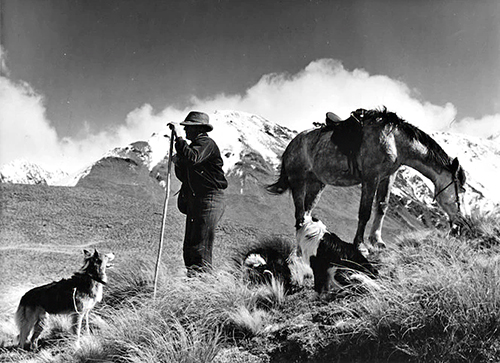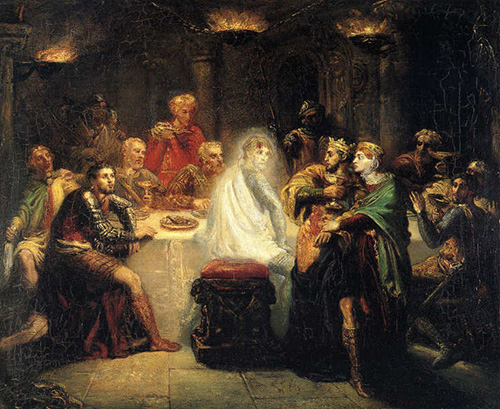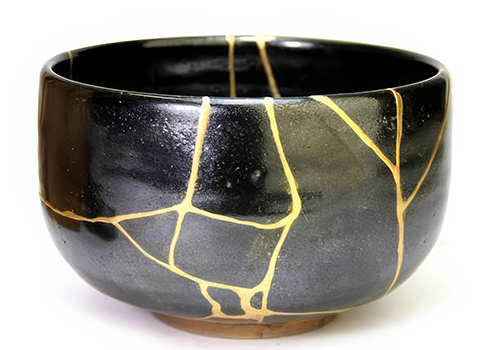Sheep and shepherds feature as a strong metaphor in our Readings for this Sunday.
I recall a time when I was studying in the US and was present at a Sunday Mass in the Diocese of Trenton, NJ.
As luck would have it, the Gospel of the day was the gospel we proclaim today (John 10: 1 – 10).
The homilist was a Scripture scholar from the diocesan seminary. It is a homily I have never forgotten. He began his homily with these words:
“There’s was a practice among shepherds in Israel that existed at the time of Jesus and is still in use, in parts today, that needs to be understood in order to appreciate what Jesus says about himself as the Good Shepherd.
“Sometimes very early on in the life of a lamb, if a shepherd sensed that this particular lamb is going to be a congenital stray and forever be drifting away from the flock, he deliberately breaks its leg so that he, the shepherd has to carry the lamb until its leg is healed.
“By that time, the lamb becomes so attached to the shepherd that it never strays again!”
I have no means of verifying the validity of the shepherd’s practice, however it got me reflecting; maybe there is a deliberately “broken bit” in me that is my conduit into a relationship/attachment with Jesus.
When I reflect on the Gospel stories, I notice the broken people come to Jesus ‘in their brokenness’, and leave healed.
I, through my silly theology, have desperately tried to hide away this “broken bit” to present an acceptable and pleasing face to Jesus.
Will I let Jesus carry me until I am healed?

Today is the World Day of Prayer for Vocations.
For many, this day of prayer encourages prayer for more people to enter religious life and/or priesthood.
“If we pray more and with greater earnestness more will ‘enter’”.
Vocations has never been a numbers game, rather it is a question of attentive listening.
One of the facts that people seem to dismiss from the equation is quite simply, “There are fewer persons to hear the call!”
The average number of people per New Zealand household is 2.7 people, which has remained unchanged since 2006.
I invite you to enlarge the possibility of those for whom we pray.
Let us pray for a listening ear and a generous heart for women and men throughout our world, attentive to the vocational call of the Good Shepherd – a call to the single life, to a life lived in the commitment of married love, to a life lived through the vocation of religious life, to a life lived through the vocation of the ministerial priesthood.
Each of these vocations is of equal value.
One is not more efficacious than the other.
Let each of us hear again the foundational call of Christian women and men through the baptismal grace that names us daughters and sons of God.
Also, have you seen a shepherd work a flock without dogs? Dogs are pretty much essential to a shepherd’s work. It might be advantageous this Vocations Week to pray for sheepdogs as earnestly as we pray for shepherds.





